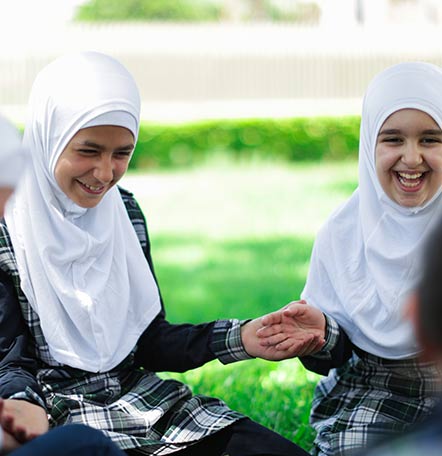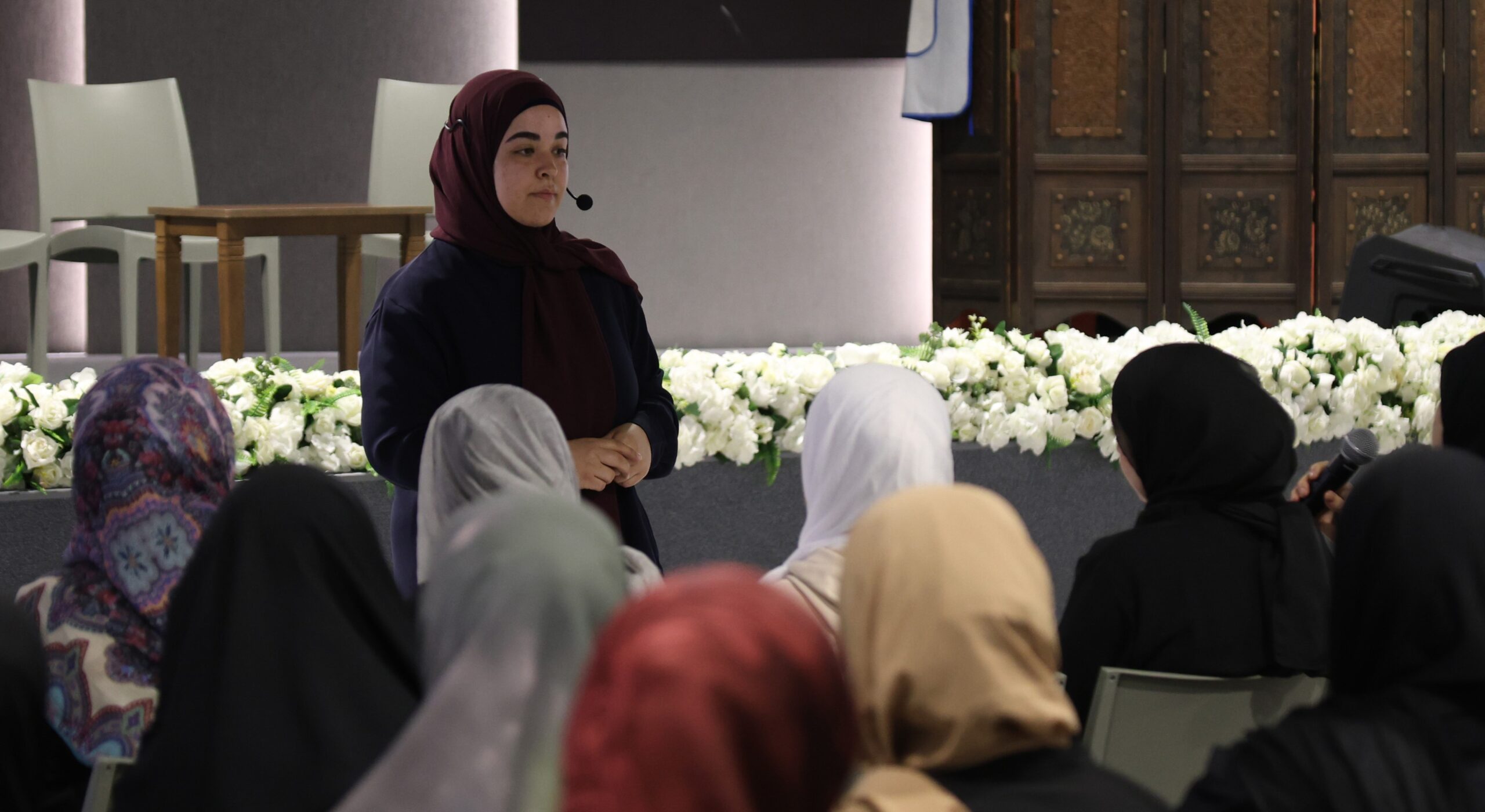
Close

“…Each individual will be elevated according to what he had offered to his fellow man.” Imam Sayid Musa Sadr
Since its establishment in 1978, Rihab Zahraa orphanage has been a haven for orphan girls and a support system for them to face hardships. Named after the city of Zahra in Khaldeh, Beirut, it quickly became one of the most prominent orphanages in Lebanon.
Rihab Zahraa orphanage has been dedicated to providing orphan girls with a dignified life and comprehensive care to develop their abilities. It focuses on their health, moral upbringing, psychological, and spiritual development. The orphanage aims to integrate orphan girls into society by developing programs that offer comprehensive and sustainable services.Read More
Rihab Zahraa orphanage continued providing its services in the city of Zahra until 1982 when the building was bombed, looted, and burned during the Israeli invasion of Lebanon. The caretakers, dedicated to serving God’s children, promptly rebuilt a new facility in Burj Shemali, southern Lebanon. This new facility consisted of prefabricated structures installed near the Jabal Aamel Vocational School. By the start of the 1982-1983 academic year, the orphanage had reinstated the orphans, providing for all their needs.Read More

Amid the critical circumstances surrounding Lebanon, the number of orphaned girls increased, whether they were motherless, fatherless, or had lost both parents. Family situations also became increasingly difficult, prompting Rihab Zahraa orphanage to expand its scope to include other groups. In 1989, the orphanage accepted its first non-orphan social case after establishing the following admission criteria:
Rihab Zahraa orphanage, as part of the Imam Sadr Foundation, has diversified its care methods to better meet the needs of its various target groups at different levels. This has been achieved through the provision of comprehensive internal care, permanent care, partial care, and care for girls within their families.
Providing care for the girl within her family has allowed for an expanded scope of care services to extend to other family members. This includes accessing social services, counseling, material and financial assistance, and emergency response when needed.

The Imam Sadr Foundation, through its caregiving program at Rihab Zahraa orphanage, has been committed to providing the best services through various means available:
Includes accommodation, nutritional services, nutrition clinic, Eid clothing, various donations and gifts, transportation services, and religious guidance.
The educational service at Rihab Zahraa orphanage focuses on the academic aspect for girls, ensuring their registration and enrollment in schools and institutes. This includes providing all necessary supplies such as books, stationery, and school uniforms. Additionally, there is continuous communication with parents and schools to monitor their behavioral and academic performance. The program also provides vocational and university guidance, including support for those interested in pursuing higher education.

The intervention and social counseling programs at Rihab Zahraa orphanage have evolved alongside the increasing numbers of girls at the orphanage and the diversity of their needs. Key programs rely heavily on home visits to the families of the girls, organizing awareness sessions for them, and providing individual follow-up aimed at enhancing social harmony while building a balanced personality, in addition to managing new sponsorship requests.
To achieve psychological and social harmony among the girls, and create an atmosphere of joy and entertainment systematically, Rihab Zahraa orphanage has developed a program for the activities. The main ones include weekly clubs, birthday celebrations, field trips, and various special central activities. These activities encompass school choirs, annual Taklif celebrations, wedding ceremonies for the girls, and charity institutions’ iftar, all in collaboration with the Central Activities Unit within the Foundation.
The concept of mental health developed by the Imam Sadr Foundation has contributed to raising awareness about this concept within Rihab Zahraa orphanage, which constantly strives to empower and train its staff. This has had a positive impact on providing the best services for the girls.
Concurrently, Rihab Zahraa orphanage has started offering psychological therapy services to monitor the inner well-being of the girls. This is done through a scientific approach that involves all stakeholders, including the girls’ guardians. Read More
Rihab Zahraa Dispensary, located within the Imam Sadr Foundation Cultural Compound, provides healthcare and medical services to the girls of Rihab Zahraa orphanage and Rihab Zahraa High School students. Equipped with necessary medical equipment, the dispensary is supervised by licensed nurses and a pediatrician. Their main tasks revolve around implementing school health principles, health education, and counseling, securing medical services, utilizing hospital services of outpatient clinics, performing radiological imaging, and conducting surgical operations when necessary.